Scientists Say
A weekly word defined, in a sentence and in context. Click here to find the alphabetized list.
-
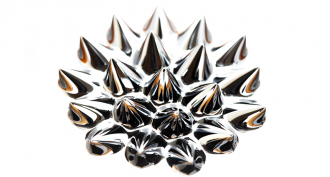 Chemistry
ChemistryScientists Say: Ferrofluid
Ferrofluids are liquids with tiny magnetic particles in them. These liquids respond to magnets.
-

Scientists Say: Naloxone
This drug can save people who have overdosed on opioids, such as fentanyl and oxycodone.
-
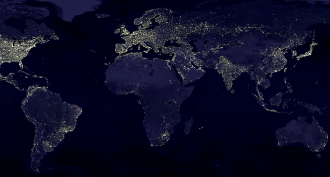 Physics
PhysicsScientists Say: Light pollution
Light pollution is when artificial light shines into places that are normally dark. It can disrupt the lives of plants, animals and people.
-
 Health & Medicine
Health & MedicineScientists Say: Myopia
Myopia is nearsightedness, where people have trouble seeing far away objects. This happens if someone’s eyes are slightly oval, instead of perfect spheres.
-
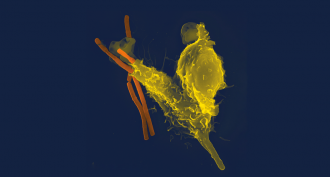 Health & Medicine
Health & MedicineScientists Say: Neutrophil
Neutrophils are the first cells to arrive when an infection takes hold. They can trap, eat and spew out chemicals that fight bad bacteria.
-
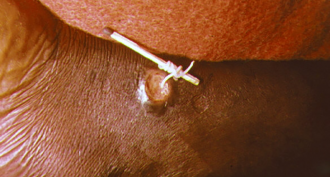 Animals
AnimalsScientists Say: Guinea worm
Scientists and health care workers are working to eradicate this parasite, which causes a painful condition called Guinea worm disease.
-
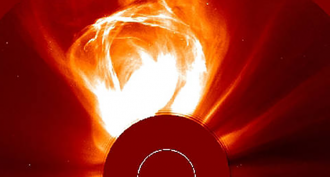 Space
SpaceScientists Say: Space weather
It may not be cloudy with a chance of rain, but space has weather too. Wind and ejections from the sun can send charged particles toward the Earth, knocking out our electricity.
-
 Genetics
GeneticsScientists Say: Genealogy
This is the study of someone’s ancestry. It could mean finding out about someone’s family tree or the history of evolution from one species to another.
-
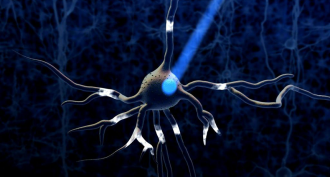
Scientists Say: Optogenetics
This technique lets scientists control cell activity with light. The light triggers the cell to become more or less active.
-
 Health & Medicine
Health & MedicineScientists Say: Relapse
This is when a health condition comes back, or gets worse, after a period where it had disappeared or been improving.
-
 Ecosystems
EcosystemsScientists Say: Wetland
Wetlands are land areas that are flooded with water some or all of the time. They’re more than just wet, though. They filter water, shelter young animals and much more.
-
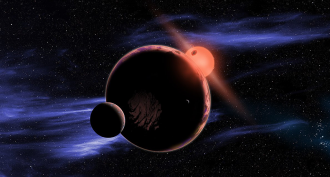 Space
SpaceScientists Say: Red Dwarf
Red dwarfs are the most common kind of star in the Milky Way. They are much smaller and cooler than our own sun.